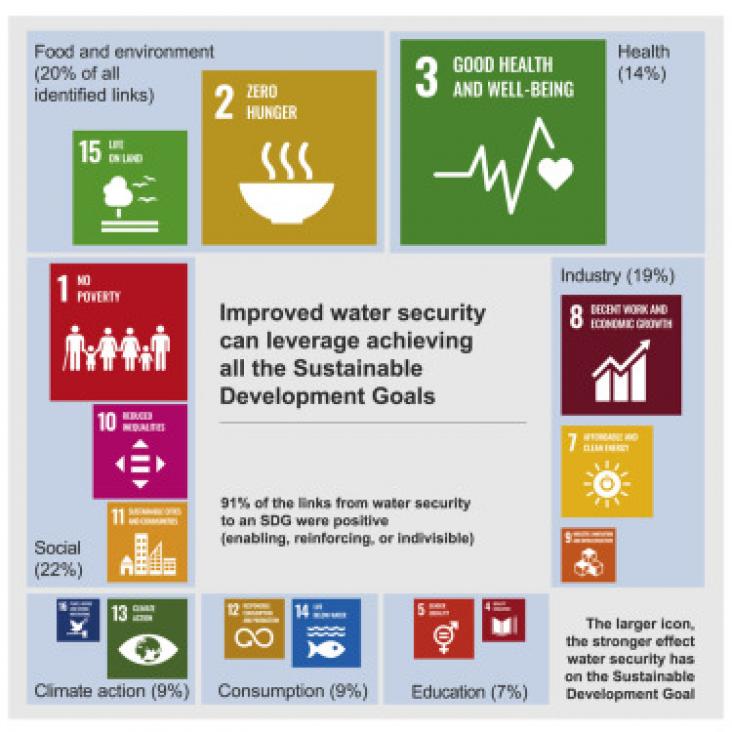Background: Many causes of vision impairment can be prevented or treated. With an ageing global population, the demands for eye health services are increasing.
Women and children bear substantial morbidity and mortality as a result of armed conflicts.
Background: Existing studies evaluating the association between maternal risk factors and specific infant outcomes such as birthweight, injury admissions, and mortality have mostly focused on single r
Background: Previous studies have shown an excess risk of Alzheimer's disease and related dementias among women. Education is thought to have a causal association with dementia onset.
COVID-19, Obesity, and Structural Racism.
This study supports SDG 3 and 10 by reporting that Māori and Pacific people with type 2 diabetes have consistently poorer health outcomes than European patients, indicating the need for specific policies and interventions to better manage type 2 diabetes in these subpopulations.
A framework for understanding water's many functions for supporting, regulating, and stabilizing hydro-climatic, hydro-ecological, and hydro-social systems.

This article examines how improved water security affects the success of other SDGs, when all the goals are examined simultaneously.
This Lancet Global Health Commission advances addresses SDG 3 directly, and SDGs 1, 2, 4, 5, 8 and 10 indirectly, by comprehensively demonstrating how improving eye health by treating and preventing vision impairment and vision loss can not only advance SDG 3—improving health and wellbeing for all—but also contribute to poverty reduction, zero hunger, quality education, gender equality, and decent work and economic growth. The findings of this report frame eye health as a development issue and highlight that, with a growing ageing population globally, urgent and concerted action is needed to meet unmet eye health needs globally, including incorporating equitable eye care into countries’ universal health coverage plans.
HBV evolution and genetic variability: Impact on prevention, treatment and development of antivirals
Hepatitis B virus (HBV) poses a major global health burden with 260 million people being chronically infected and 890,000 dying annually from complications in the course of the infection.
